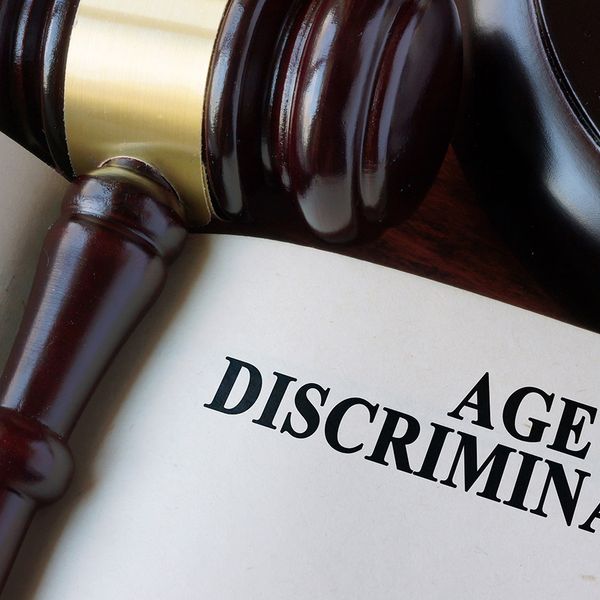When an employee nears retirement age, the EEOC suggests you bite your tongue
More than 11,000 Americans will turn 65 every day from 2024 through 2027, according to estimates from the Retirement Income Institute at the Alliance for Lifetime Income.
Those 4.1 million people a year receiving “Happy 65th Birthday” cards in the next four years might include some of your employees. And while it may cause you to wonder if it is time to start looking for their replacements, a Louisiana company recently learned that those thoughts should not be vocalized.
“When are you going to retire?”
The U.S. Equal Employment Opportunity Commission (EEOC) charged in a lawsuit that the Louisiana manufacturer violated federal law when it fired an employee because of her age after she refused to retire when she turned 65 years old.
According to the lawsuit, a company manager asked the employee repeatedly about retirement as she approached her 65th birthday, including directly asking her, “When are you going to retire,” “Why don’t you retire at 65?” and “What is the reason you are not retiring?”
After telling the company she had no plans to retire, the company informed the employee her position of purchasing agent was being cut due to economic uncertainty. Less than a month after firing the employee, the company hired a man in his 30s as a new purchasing agent, the same position the company claimed to have eliminated.
ADEA protects older workers
Such alleged conduct violates the Age Discrimination in Employment Act (ADEA), which prohibits discrimination against individuals 40 or older because of age.
Under the three-year consent decree settling the suit, the company will:
- Pay the former employee $105,000 in back pay and liquidated damages,
- Conduct training,
- Revise policies,
- Provide regular reports to the EEOC, and
- Post a notice affirming its obligations under the ADEA.
“An employer cannot fire someone because of age and cannot pressure an employee to retire simply because she turns 65,” said Rudy Sustaita, regional attorney for the EEOC’s Houston District Office.
Retirement age varies
Peter Theis, a trial attorney for the EEOC New Orleans Field Office, said “harmful and misplaced stereotypes about age do not belong in the workplace, and employers that discriminate against older workers violate the law.”
That age 65 is “retirement age” has become one of those stereotypes, as many people work much longer either by choice or economic necessity.
The milestone of one’s 65th birthday still marks the point at which individuals become eligible for Medicare coverage. However, the full retirement age — when a qualifying worker is eligible for 100 percent of the Social Security benefits they earned — is moving to 67 for anyone born in 1960 or later. And those individuals begin turning 65 in 2025.
Key to remember: As a wave of Americans turn 65 in the next four years, employers must be careful when broaching the subject of retirement. Repeatedly asking a worker about retirement plans or forcing them to retire can be a violation of the ADEA.























































